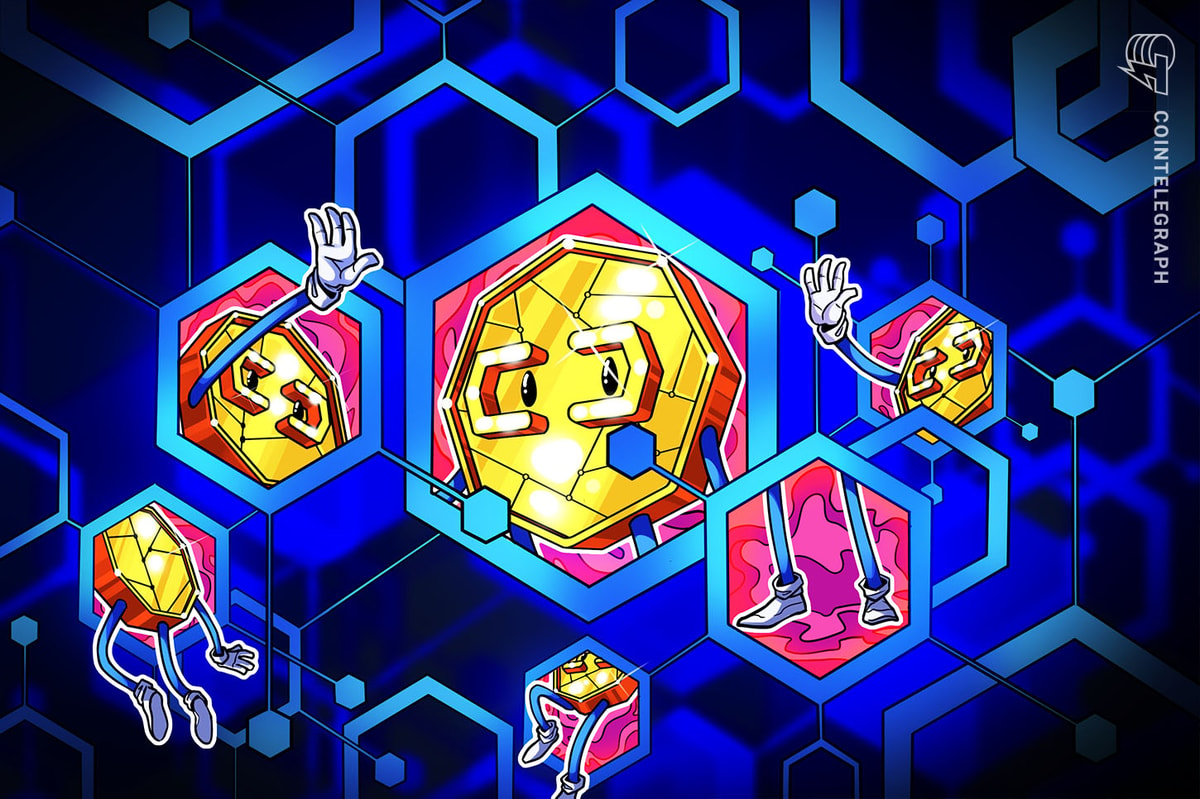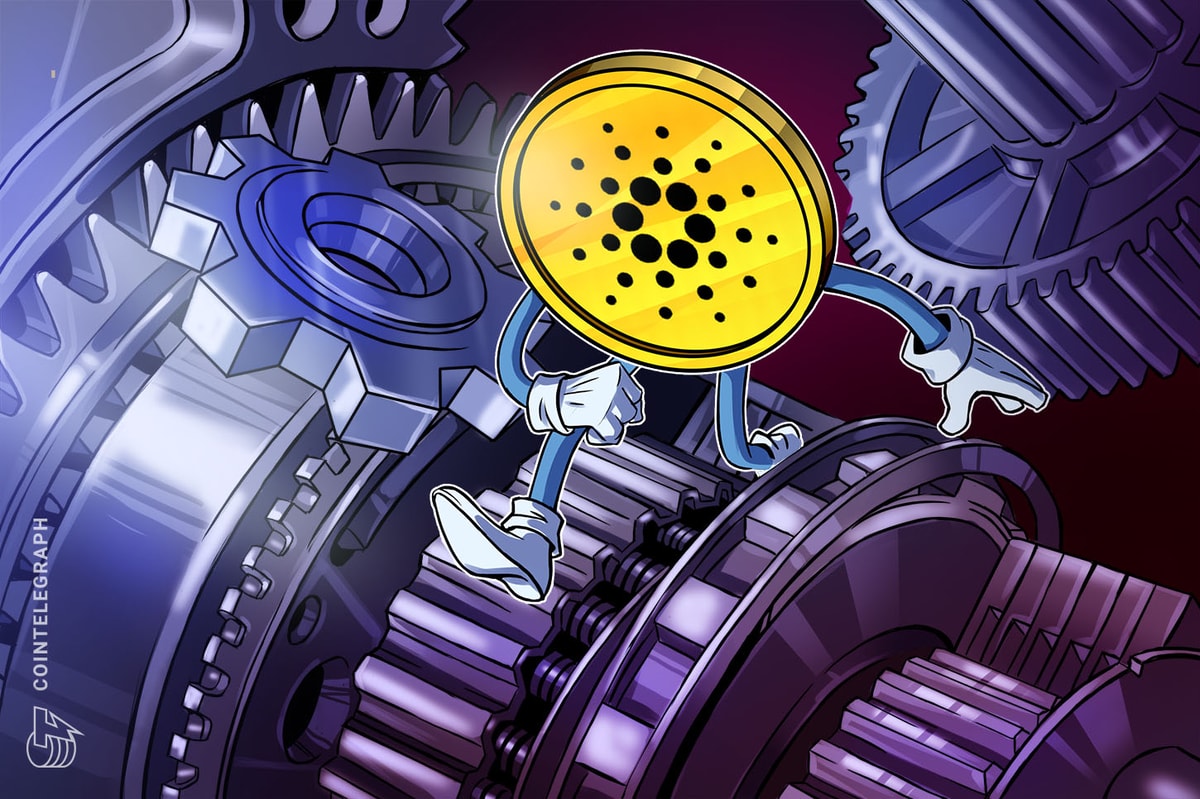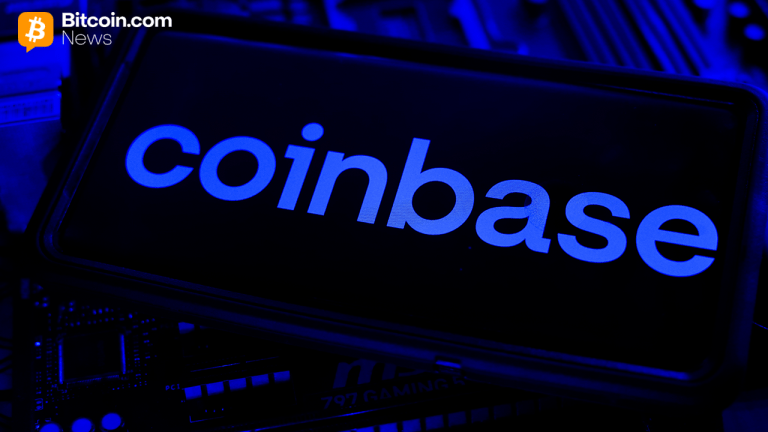The IBM–Maersk blockchain effort was doomed to fail from the start
2 min read
Blockchain projects
Failure for the A’s would not have been catastrophic (i.e., the team ceasing to be a Major League franchise). However, the costs would have been extremely high. Beane would have lost his job (as well as many others). A dissatisfied fan base would have punished the team by staying home and ceasing apparel purchases, leading to a massive drop in revenue. And the A’s would have become a glorified Minor League team.
Blockchain, as a radical innovation, requires an even higher level of risk tolerance for innovation and adoption — a willingness to risk it all. Companies that tinker around the edges (incremental or architectural innovation) with a project, where if innovation fails, they can just walk away, are much more likely to experience blockchain failures in this early stage of innovation.
Blockchain and other decentralized technologies hold great promise for much-needed change away from the current trend toward more concentrated modes of production and power. The ultimate task is to align our time, efforts and resources with the innovation lessons provided here to give this blockchain technological revolution the best shot to succeed.
Lyall Swim is the chief innovation officer for Atlas Network. He holds a doctorate in education with an emphasis in organizational leadership from Pepperdine University. He has a bachelor’s degree in communications and an MBA from Brigham Young University.
This article is for general information purposes and is not intended to be and should not be taken as legal or investment advice. The views, thoughts and opinions expressed here are the author’s alone and do not necessarily reflect or represent the views and opinions of Cointelegraph.







